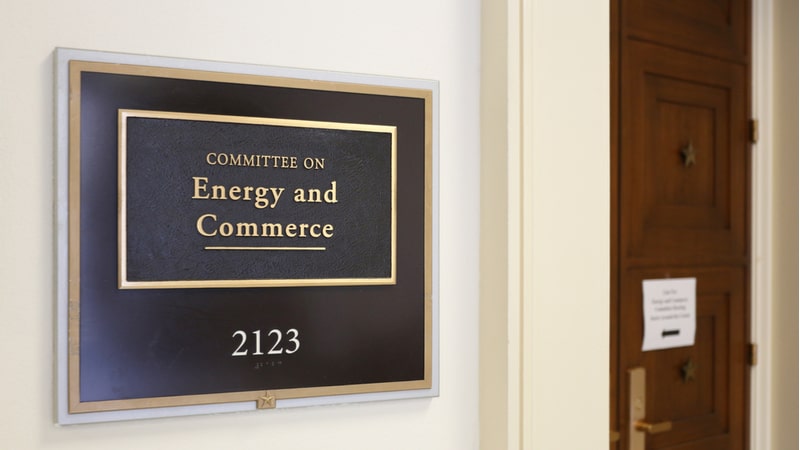
The Commerce Department’s National Telecommunications and Information Administration (NTIA) has prepared four legislative options for Congress to consider to make sure that Federal agencies receive financial benefits for sharing use of their wireless spectrum holdings.
The need for Federal agencies to cooperate with commercial users to facilitate the deployment of 5G wireless services has been well-documented in policy initiatives, and a new release of options from NTIA looks to be the latest effort to hasten that process.
The suggestions would amend the 2018 MOBILE NOW Act to allow for the Spectrum Reallocation Fund (SRF) to be used to pay costs of sharing radio frequency bands. Currently, the fund allows for the compensation of Federal agencies only if agency spectrum ends up being auctioned. The SRF is funded from proceeds generated from spectrum auctions conducted by the Federal Communications Commission (FCC).

“NTIA anticipates that the bulk of the costs of implementing any sharing regime would be incurred by the new users” of the spectrum held by Federal entities, the appendix states. “Federal users have little incentive to incur these costs, therefore the availability of funding from the SRF might serve to reduce such a disincentive to study and possibly implement sharing.”
The four proposals NTIA sent to Congress and the FCC were compiled with the consultation of the Office of Management and Budget (OMB) in order to address funding – which NTIA called “the most significant challenge” to sharing Federal spectrum with unlicensed operations.
The first option is to “appropriate funds from a portion of the anticipated or actual revenue from future (not yet scored) auctions.” This option was used to fund activities associated with the 2015 Spectrum Pipeline Act.
The second option is to “appropriate funds from existing SRF balances,” but there is a risk this funding could be needed for other uses.
The third option is to “authorize funding from other sources, such as usage fees or fees collected from communications equipment manufacturers or distributors.” NTIA said this option would likely be “logistically complex,” and “might be construed as a tax, which is more problematic than a fee.”
The fourth option is to “appropriate funds derived from leasing for secondary commercial use spectrum currently reserved for the sole use of the Federal Government,” NTIA said. “Significant resources would be required by NTIA and other federal agencies to negotiate and manage these spectrum leases. The cost of administering the lease program and managing the spectrum would need to be fully offset by revenue generated by the leases.”
What happens next with NTIA’s suggestions is unclear, but it’s likely they will end up with the House and Senate committees that work on spectrum legislation, including the House Energy and Commerce Committee, and the Senate Commerce, Science, and Transportation Committee.
